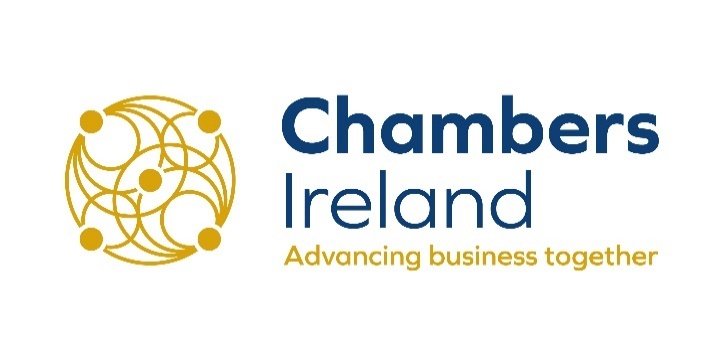
Chambers Ireland today (9 Feb 2021) welcomes announcement by Government that COVID business grants will be expanded.
Speaking this afternoon Chambers Ireland Chief Executive Ian Talbot said,
“We have raised a number of concerns with Government as to the very narrow qualifying criteria for CRSS, which excluded far too many businesses- particularly those who were in the immediate supply chain and have seen much of their business wiped out to closures of hospitality and retail business.
The proposed new COVID Business Aid Scheme (CBAS), which targets wholesalers, caterers, suppliers, and events companies, is therefore welcome.
However, we await more information on when applications will open, how the new scheme will be distributed, and what the rates of payment will be. Too many of the supports that have been made available to date have had over-complicated qualifying structures which has led to suboptimal uptake, often because firms remain concerned about post-hoc clawbacks of such supports.
Faced with the short run shock of the pandemic, these forms of temporary discretionary spending are essential and prudent levers for government to use. It is vital that the short-term effects of the recession do not transform into long term scarring because of a lack of government support for the domestic economy.
Our Network will be closely reviewing the details of the CBAS scheme to gauge feedback from the targeted businesses, and to understand the issues for businesses that remain outside both the CRSS and the CBAS.
Chambers Ireland re-iterates the need for urgent clarity on extensions to the EWSS, the VAT reduction, and debt-warehousing. This information is urgently needed if businesses are to be able to make sound financial decisions over the coming months.
Regarding the Commercial Rates Waiver, currently extended to the end of March, we are again concerned that the qualifying criteria for the waiver is much too narrow, and again like CRSS, risks excluding far too many vulnerable businesses. This risks transferring the financial difficulties of vulnerable businesses onto the balance sheets of local government.
We cannot afford to under-react to the challenge facing us. The coming months will be extremely challenging and local economies must be supported.”
